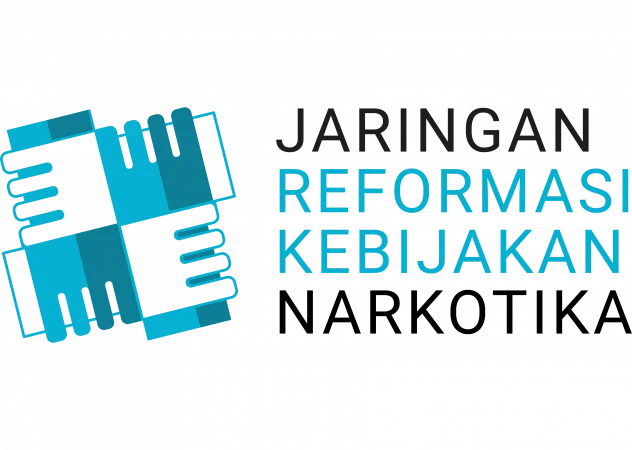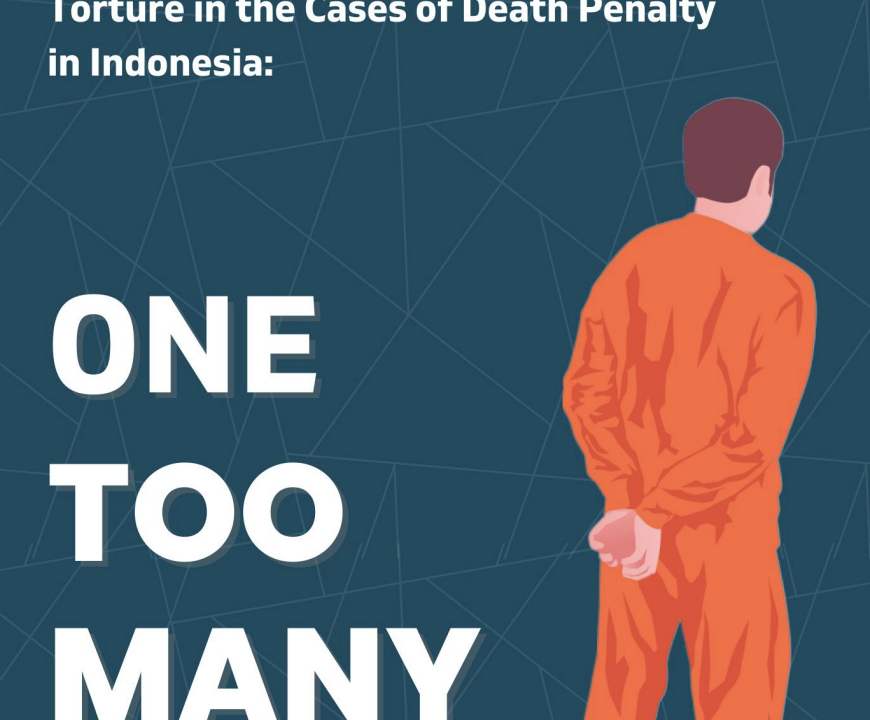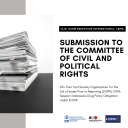Torture in the Cases of Death Penalty in Indonesia: “One Too Many”
The death penalty remains to be a historical liability and a hindrance to legal reform in Indonesia even though there has been a political will from the government to moderate Indonesian criminal law through the ratification of the new Criminal Code on December 6, 2022. Despite this, criticism of the existing regulations must still be voiced. To ensure continuous understanding and discourse regarding the abolition of death penalty, since 2021 ICJR has published an annual thematic report in addition to the annual case data report. For this year, the ICJR centers on the theme of torture to point out that the criminal justice system in Indonesia has thus far been unable to ensure adequate protection of the rights of people facing the death penalty, especially concerning the issue of torture.
Interesting findings ranging from torture in the judicial process to the death row phenomenon, which is categorized as a form of torture, have been recorded in the practice of capital punishment in Indonesia. On the aspect of the right to a fair trial, there has also been no evidence of the fulfillment of the right to a fair trial at a higher standard compared to other criminal cases as mandated in various international human rights instruments.
At the same time, Indonesia passed a new Criminal Code on 6 December 2022, which will be effective for another 3 years. In the latest Criminal Code, there is moderation regarding capital punishment, such as a probationary period and opportunities for direct commutation of capital punishment to other types of punishment and special criminalization for acts of torture. However, other broader issues, such as the death row phenomenon and acts of torture by law enforcement officials, are not yet included in the priority list by the government of Indonesia. In addition, the draft amendment to the Criminal Procedure Code has not been discussed by the government of Indonesia.
We thank all the parties who contributed to this report, especially the ICJR researchers who have completed this report. Finally, we dedicate this research to anti-death penalty activists who never stop fighting for the issue. We will achieve victory in time because we are not alone in this winding journey.
Please download the document in here






